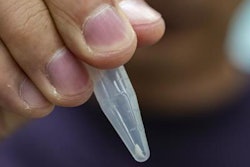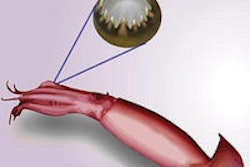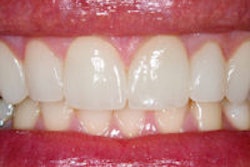Researchers at King's College London are investigating the evolution and development of dentition, which may reveal why humans and mammals only develop one or two sets of teeth in their lifetime rather than constantly regenerate their teeth.
The three-year project will examine the development of different teeth arrangements in modern day vertebrates and apply the findings to fossils from the same group.
Jawed vertebrates evolved into several different types of animal and fish, but only two major groups are still living today: sharks, or chondrichthyes, and bony fish, osteichthyes.
The researchers will look at modern-day chondrichthyans, such as sharks and rays, to gain insight into how the teeth from these groups evolved.
While much is known about the dentition of modern-day osteichthyans, such as tuna, salmon, or seahorses, little is known about their early ancestors.
The researchers hope to discover whether the two groups share a common dentition or whether the teeth in the cartilaginous sharks and rays evolved very differently to the boned fish.
If scientists can understand what cells and genes are involved in the regeneration of shark teeth, they hope to find comparable human genes that can be used to regenerate teeth.



















